Pakistan is now celebrating the second Eid holiday of the year, which is a little quieter than last time around and has a lot to do with goats. This Eid marks the end of the Hajj, the annual Muslim pilgrimage to Mecca and commemorates the sacrifice of an animal that Abraham made instead of his son (thus the goats).
The most interesting thing to me about this Eid is the way that old religious traditions adapt to a new, urban environment. The point of the goat is to make it feel like a real sacrifice: you’re supposed to bring it into your home, love, feed, and pet it, let your children grow attached, and then kill it. Letting the butcher do it someplace far away is a no-no. Thus last week, Islamabad was a city of goats. Goats tied up outside apartment buildings, in parking lots, being walked around the neighborhood at dusk by groups of kids. Like a final week of fun before the end.
My friends who grew up here talk fondly of Goat Week and how much they enjoyed having their goats as pets before Eid, and how much they cried when the goats were killed. Apparently the system works. Once the deed is done, one-third of the meat goes to the poor, one-third to relatives and neighbors, and one-third to your own family. This ensures that the poor get to eat meat at least once a year.
You might say that the goat tradition seems a little sad and cruel, except that it totally reminds me of our own annual festival of turkey sacrifice that occurred just a few days ago. The only difference is we don’t give our turkeys that week of love first, and we make sure they meet their end far away on a poultry farm, where we don’t have to mess with it. From that perspective, the Eid way comes out a little on top, I think.

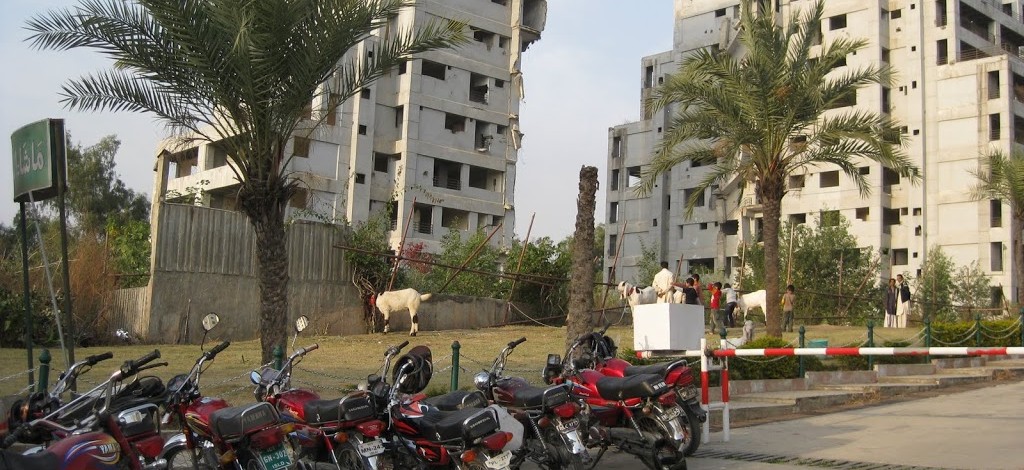

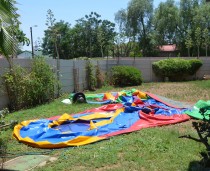



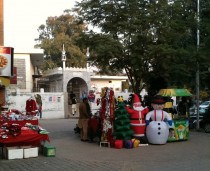

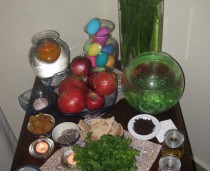
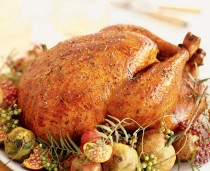

2 Comments